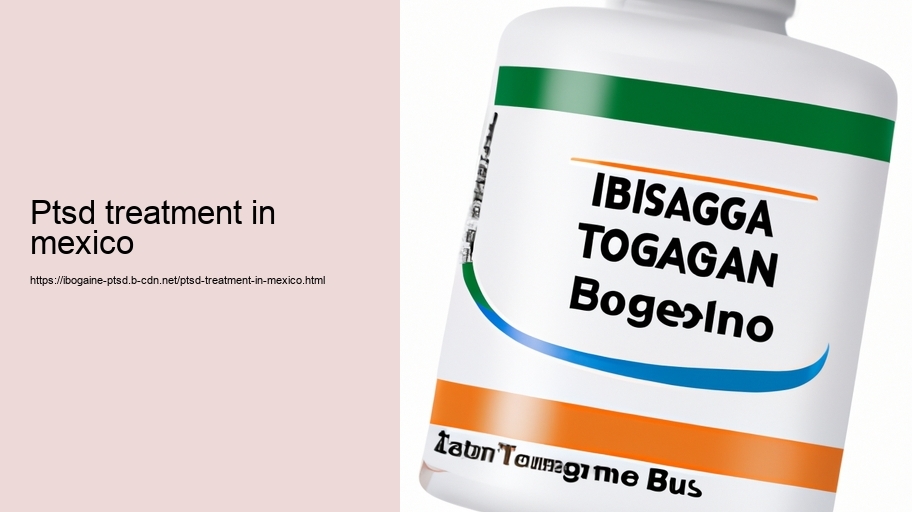Post-Traumatic Stress Disorder, commonly referred to as PTSD, is a debilitating mental health condition that emerges following exposure to traumatic events such as warfare, natural disasters, serious accidents, or personal assaults. The condition is characterized by symptoms that include intrusive thoughts, flashbacks, severe anxiety, nightmares, and persistent avoidance of stimuli associated with the trauma.
Mexico has not been immune to the impacts of PTSD within its population. Given the country's diverse challenges—including drug-related violence, high rates of crime in certain areas, and natural disasters like earthquakes—mental health professionals are increasingly focusing on providing effective treatments for those suffering from PTSD.
In Mexico, treatment for PTSD encompasses a range of approaches that aim to alleviate symptoms and improve quality of life for patients. These methods are often similar to those found around the world but tailored to fit the cultural context and healthcare infrastructure of Mexico.
One primary mode of treatment is psychotherapy. Cognitive Behavioral Therapy (CBT) is widely recognized as one of the most effective forms of therapy for PTSD patients. Therapists in Mexico utilize techniques such as cognitive restructuring to help individuals understand and change how they think about their trauma and its aftermath. Another common technique used within CBT is exposure therapy which involves gradually exposing patients to thoughts, feelings, and situations related to their trauma in a controlled way so that they can learn to cope with them effectively.
Eye Movement Desensitization and Reprocessing (EMDR) has also gained traction in Mexico as an evidence-based treatment for PTSD. This form of therapy helps patients process their traumatic experiences through guided eye movements while recalling specific aspects of the event under the supervision of a trained therapist.
Additionally, medication can be prescribed alongside psychotherapeutic interventions if deemed necessary by medical professionals. Antidepressants such as selective serotonin reuptake inhibitors (SSRIs) or medications targeted at managing specific symptoms like sleep disturbances or anxiety may be utilized under careful psychiatric guidance.
Group therapy plays an essential role in treating PTSD within Mexican communities as it provides social support among survivors who share similar experiences. Group settings allow individuals not only to receive professional guidance but also peer support which can be immensely validating and comforting during recovery.
Mexico’s approach toward treating PTSD also considers traditional healing practices that are ingrained in many communities across the country. Some individuals may seek solace in spiritual or indigenous rituals which can serve as supplementary forms of coping mechanisms alongside more mainstream treatments.
Overall access to mental health services remains an issue due partly to stigma surrounding psychological disorders in some regions and barriers related to socioeconomic status or remote locations where resources are limited. Nevertheless, efforts have been made through public health initiatives aimed at increasing awareness about PTSD and expanding service availability throughout rural and urban areas alike.
The Mexican government has implemented various programs such as El Programa de Acción en Salud Mental (the Action Program on Mental Health), designed specifically to strengthen mental health care systems nationwide including addressing post-traumatic stress disorder among other conditions.
In conclusion, addressing PTSD treatment in Mexico involves a multifaceted approach combining evidence-based therapies with culturally sensitive practices tailored toward individual needs within different communities. As awareness grows regarding both prevalence rates and effective treatments available for this condition coupled with ongoing investment into healthcare infrastructure improvements from authorities—there’s hope that those suffering from post-traumatic stress will find relief and embark upon paths toward healing amidst supportive environments dedicated towards long-term recovery.
